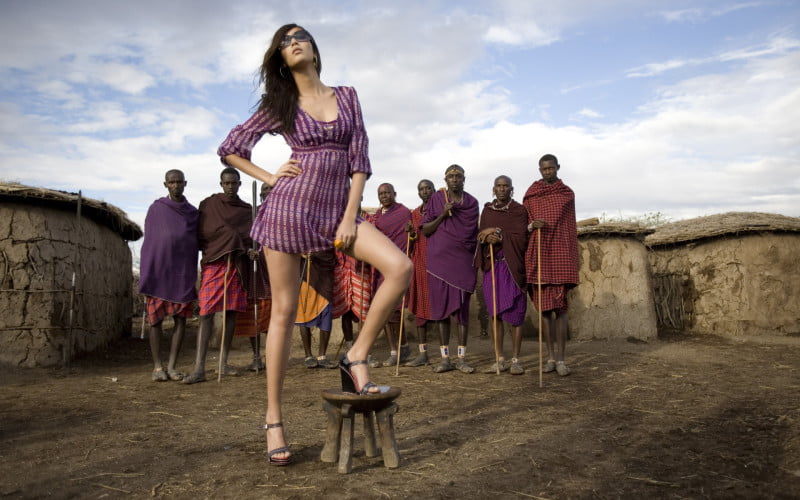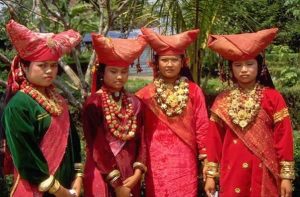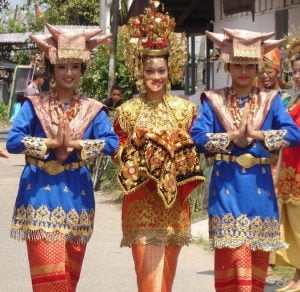8 places on the planet where women are considered the head of the family





The Navajo are the largest Native American tribe in the United States. Their vast reservation is home to 300,000 people. This matriarchal society provides women with many positions, titles, and ceremonies. For example, in the reservation capital, Window Rock, all girls undergo the “kinalda” ritual after their first menstruation. This important ceremony, during which girls receive their sacred name and are declared women, has remained unchanged for 500 years.

The city of Juchitan in southeastern Mexico resists male dominance. The head of the clan is considered a woman, and the family name and property are inherited through the female line. The women of Juchitan are also active in public life - Judith Lopez (pictured), for example, organized an association to fight AIDS.
Juchitan is a small town in the state of Oaxaca in southern Mexico, one of the centers of the ancient Zapotec culture. This people is an indigenous population and speaks its own language. Their society is dominated by women, despite the deep-rooted Catholicism in Mexico. There are also those in their society who play a completely unusual social role - bisexual "mushes", with whom the young men of Juchitan gain their first sexual experience. Thanks to the "mushes", girls remain virgins until marriage.